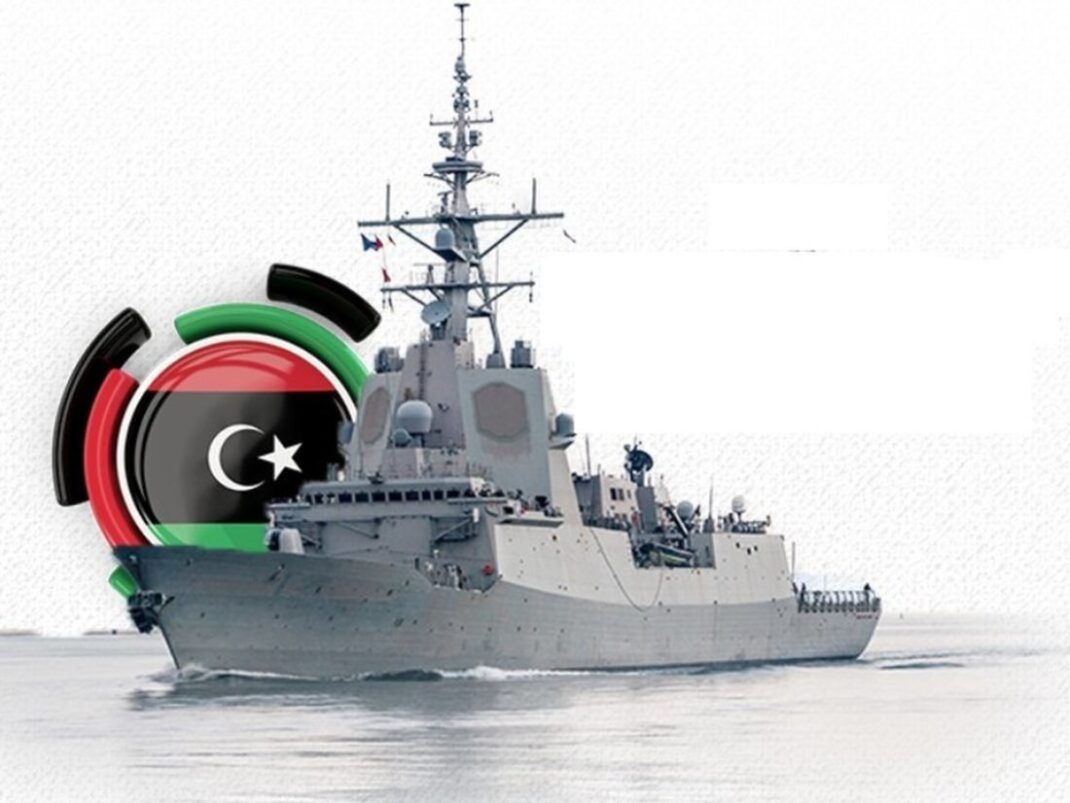By Tobias Pietz
 With Irini (Eirene), the Greek goddess of peace, the European member states have set themselves a high bar when choosing the name for the new naval mission in the Mediterranean.
With Irini (Eirene), the Greek goddess of peace, the European member states have set themselves a high bar when choosing the name for the new naval mission in the Mediterranean.
Much of the intra-European negotiation process that led to this operation could probably have been conducted better under Eris, the Greek goddess of strife and discord.
As a reminder: on 19 January a process for conflict management in Libya initiated by Germany’s Federal Foreign Office and the Chancellery since autumn 2019 culminated in the Berlin Libya Conference, which brought together the main parties to the conflict for the first time in a long while and whose results were welcomed as a small but positive step.
With good reason, Germany was highly praised for its role in this process.
But instead of concentrating on these first steps, the conference’s follow-up called for a new start of the controversial European naval operation Operation Sophia in the Mediterranean as a European contribution to Libya.
What followed was two and a half months of intra-European wrangling and arguing until, on 31 March, EUNAVFOR MED Sophia was officially closed and EUNAVFOR MED Irini was mandated.
In the meantime the delicate young plant of conflict mediation in the North African state, which was sown at the Berlin Conference, has already been trampled underfoot: the fighting has flared up again and Libyan general Chalifa Haftar has torn up the 2015 UN-brokered agreement on power-sharing in Libya.
In this situation, Operation Irini is now primarily intended to contribute to the implementation of the UN arms embargo which has been dysfunctional since 2011.
With its ships, it will only be able to guarantee this for smuggling by sea – over land and air observation will be possible but not intervention.
An approach much to the liking of general Haftar, since – unlike the internationally recognised Libyan “Government of the National Agreement” under Fayez a-Sarraj – he is not dependent on supplies by sea, but procures his weapons and mercenary troops primarily by land and through the airport of Benghazi.
The discussion about Operation Irini in recent weeks has focused less on the situation in Libya than on the issue of migration.
Comments by some EU member states both after the Berlin conference and at the end of March after the European Council meeting made this clear.
Who signs off?
The main issue there was the newly established control mechanism for the operation: in contrast to previous military operations under the EU’s Common Security and Defence Policy (CSDP), Irini must be reconfirmed (unanimously) every four months by the Political and Security Committee (PSC) of the Council of the EU – without confirmation, the operation would be terminated.
In addition, an individual member state can arrange for the operation to leave a particular sea area immediately and for eight days.
In this way, certain member states wish to prevent the new operation from rescuing refugees in the future. In this context, the official decision of the European Council for Operation Irini quotes the unfortunate term “pull effect”.
This term suggests that the existence of a capacity for rescue at sea – such as Operation Irini – will cause fugitives to set out on the dangerous Mediterranean route in the knowledge that they will be rescued. To date, there is no empirical evidence of this.
On the contrary, the so-called pull effect has even been refuted several times.
Like the term “taxi service”, it has poisoned the European debate on sea rescue – and should not have ended up in an official document of the European Council.
Operation Irini will not be able to resolve this dispute, but will rather contribute to escalating it again once a single member state (when the mission starts rescuing fugitives from distress at sea) decides to terminate it.
It is questionable whether such a birth defect will enable Irini at all to fulfill its mandate to implement the arms embargo.
Already on 8 May, only a couple of days after the EU announced that Irini has become operational, the Maltese government decided to not only withdraw its support but also to use aforementioned veto options to terminate the mission if the issue of sea rescue and disembarkment of rescued migrants is not addressed.
It would have been decidedly better not to mix up the unrelated issues of ceasefire monitoring and migration control again in the wake of the Berlin Libya Conference.
This tied up valuable time and political capital in a dispute, which could have been used for the peace process. Irini will therefore struggle to live up to her name.
Europe will find it difficult to continue to be seen as an honest broker in the Libyan process.
There is still a need for sea rescue. People are drowning in the Mediterranean. This is a disgrace for Europe – as is the cooperation with the Libyan coast guard, and thus indirectly with the operators of the inhumane Libyan camps.
A task, which has been transferred from Sophia to Irini. Instead, a coalition of EU states must finally be formed which are willing to rescue and receive people in distress at sea.
As the recent decision of Malta shows, there will be no joint approach neither towards sea rescue nor Libya if member states do not finally solve the question of what to do with refugees and asylum seekers.
***
Tobias Pietz is deputy head of the analysis division of Berlin-based Center for International Peace Operations.
____________





